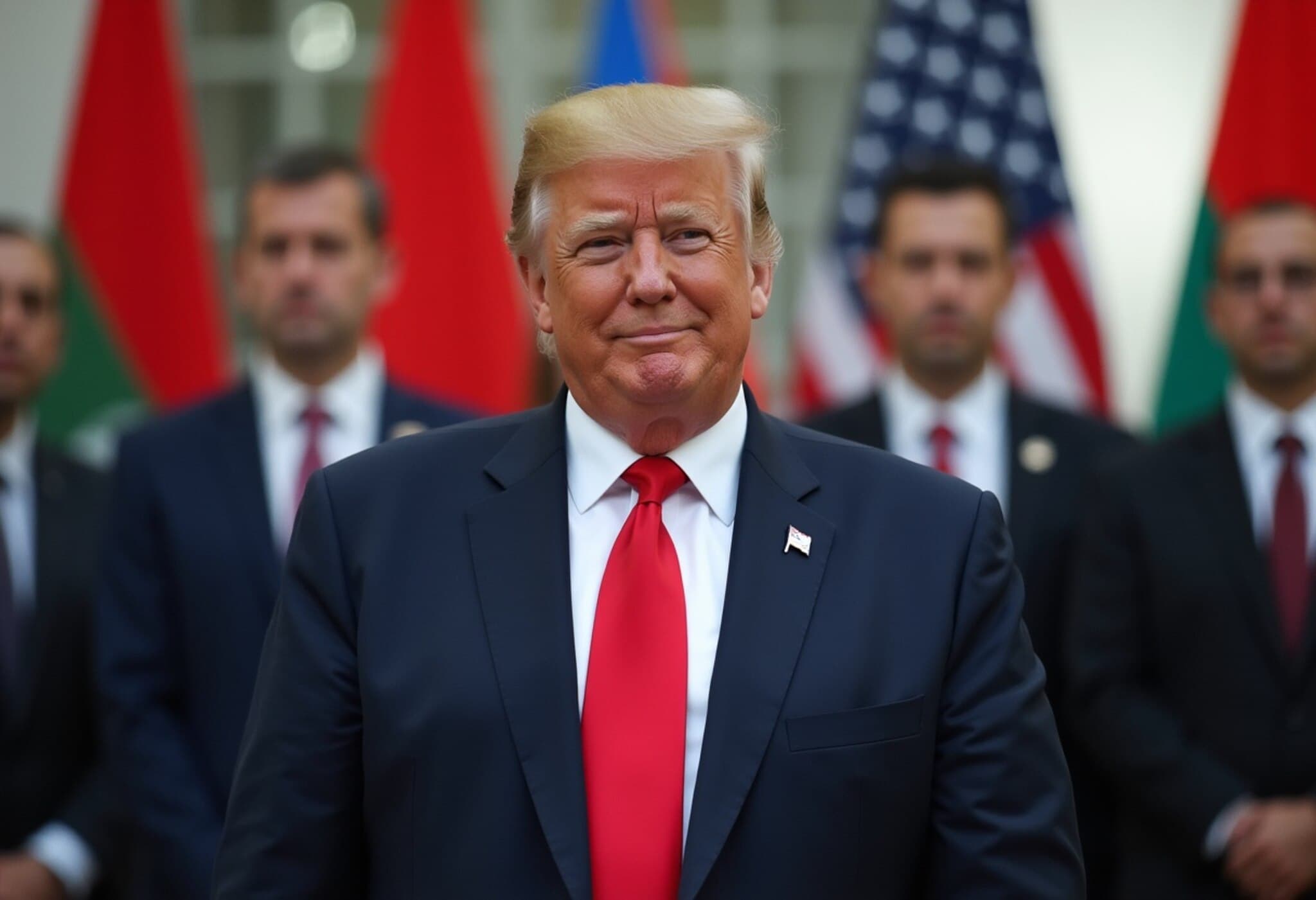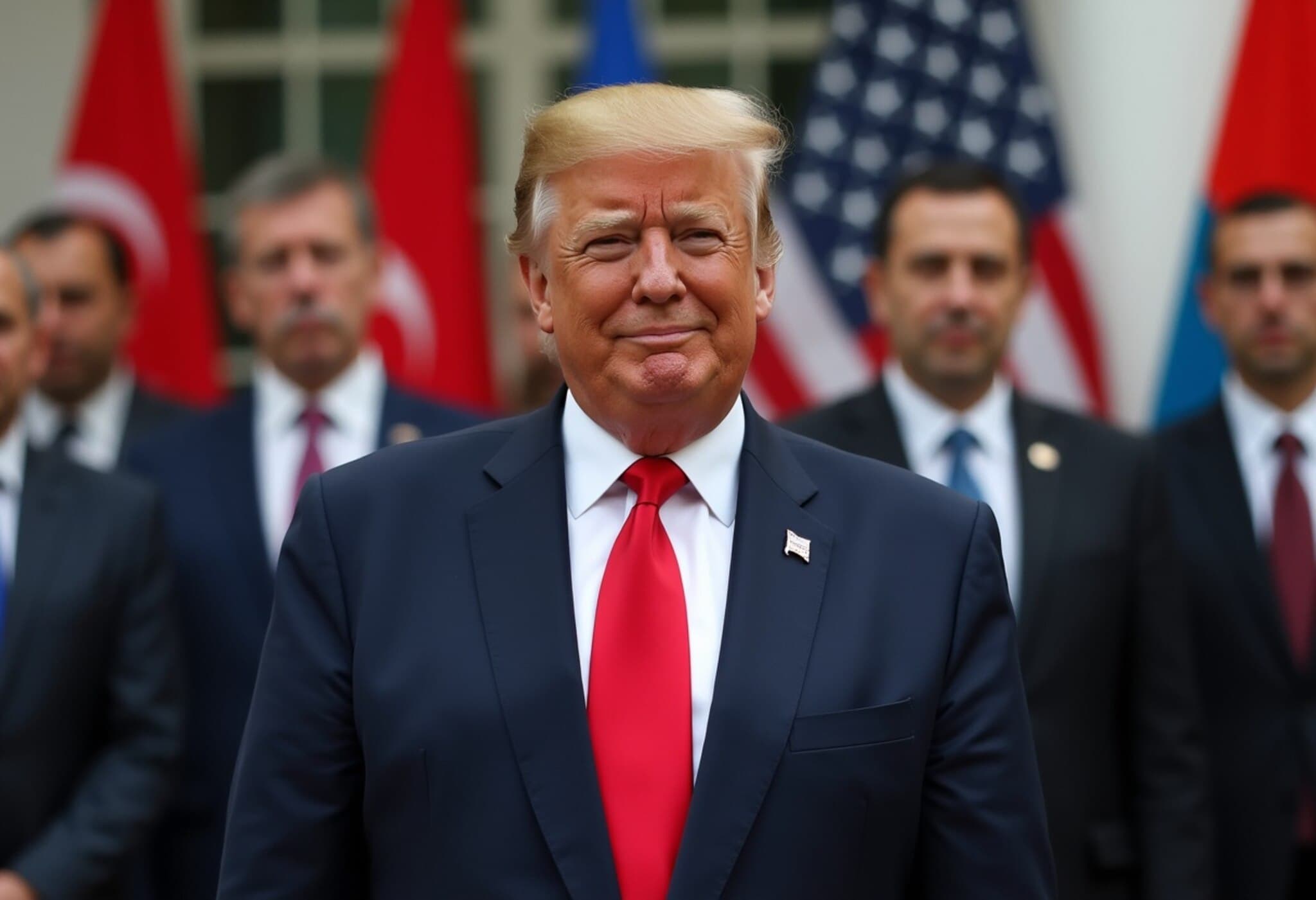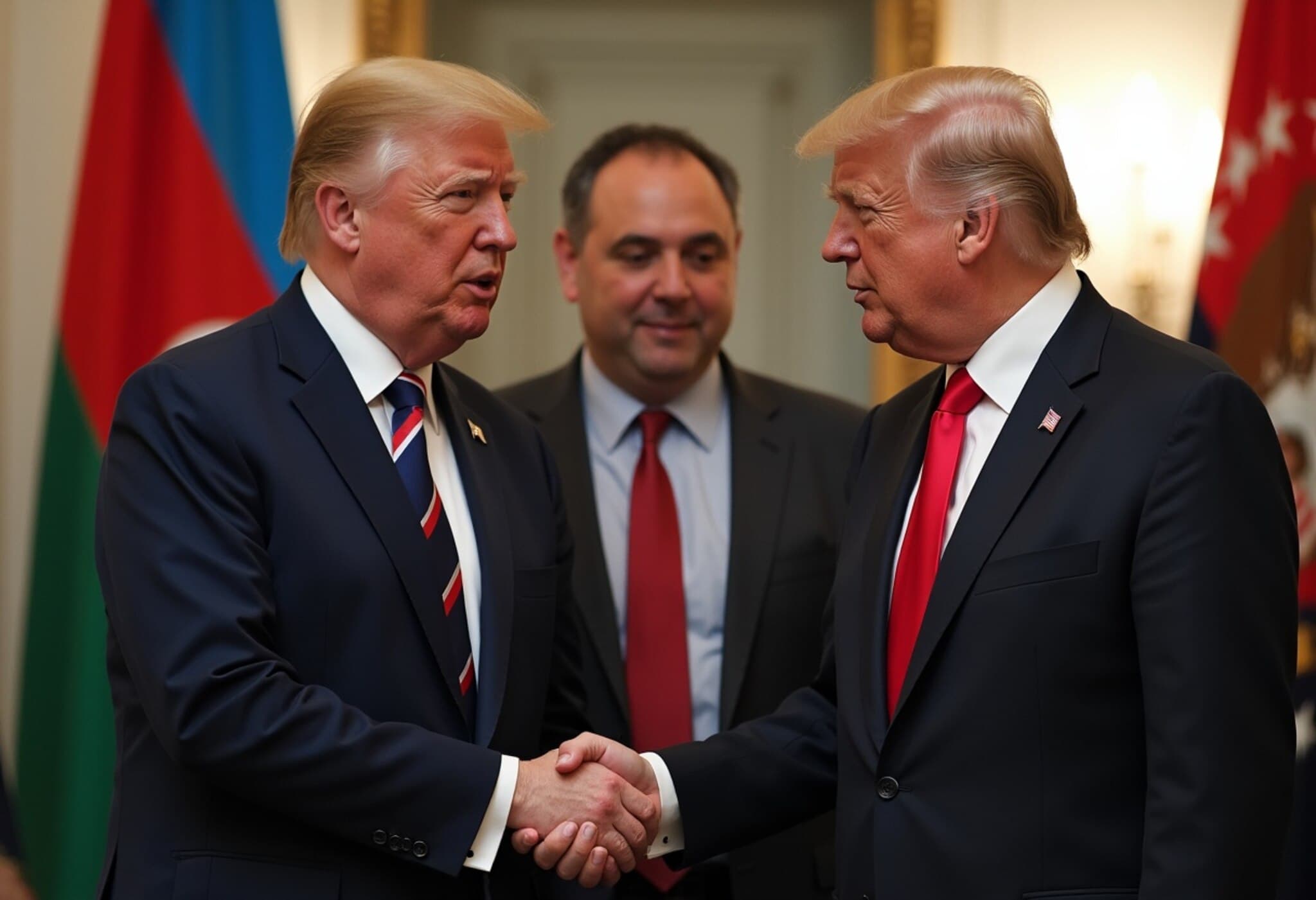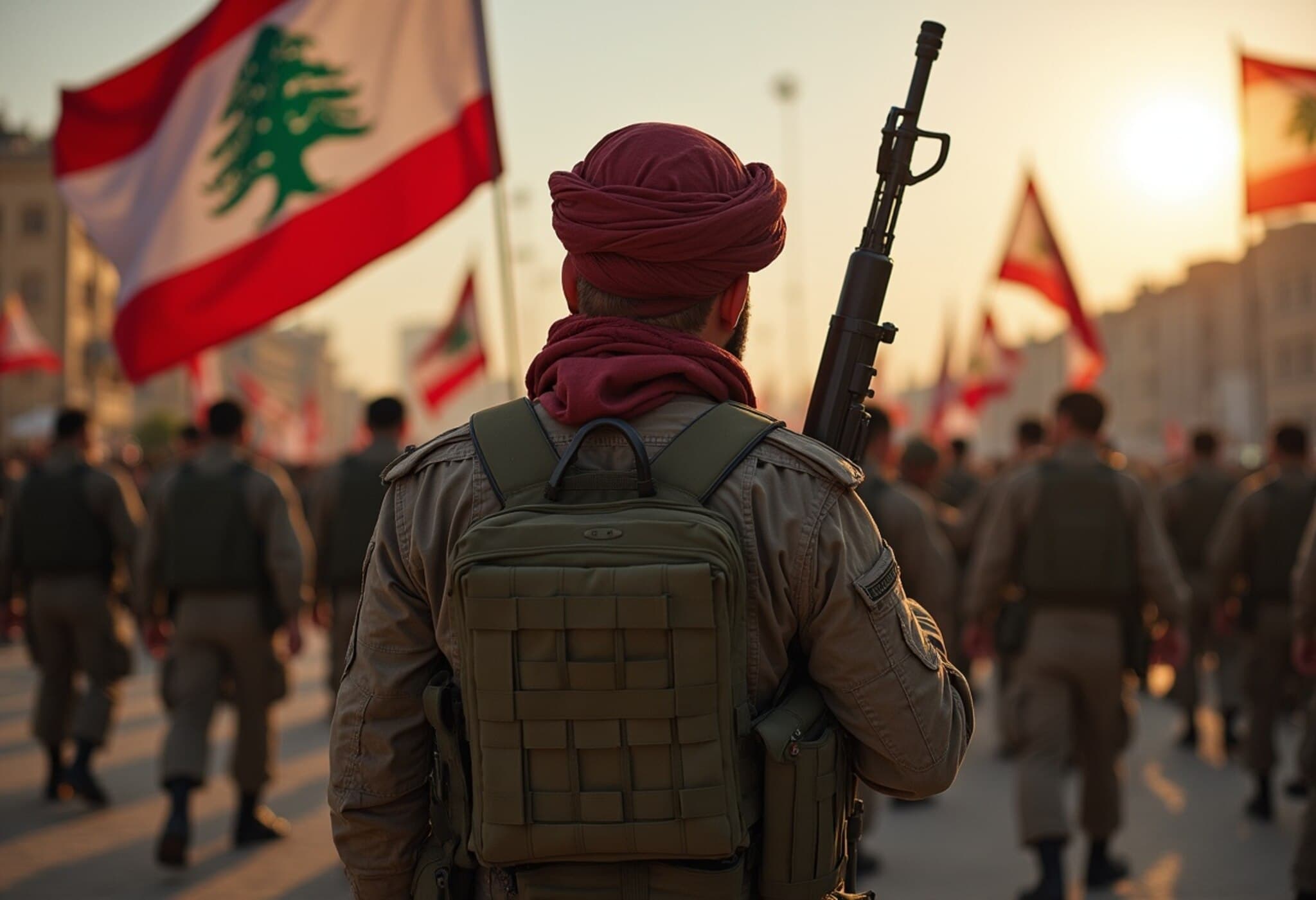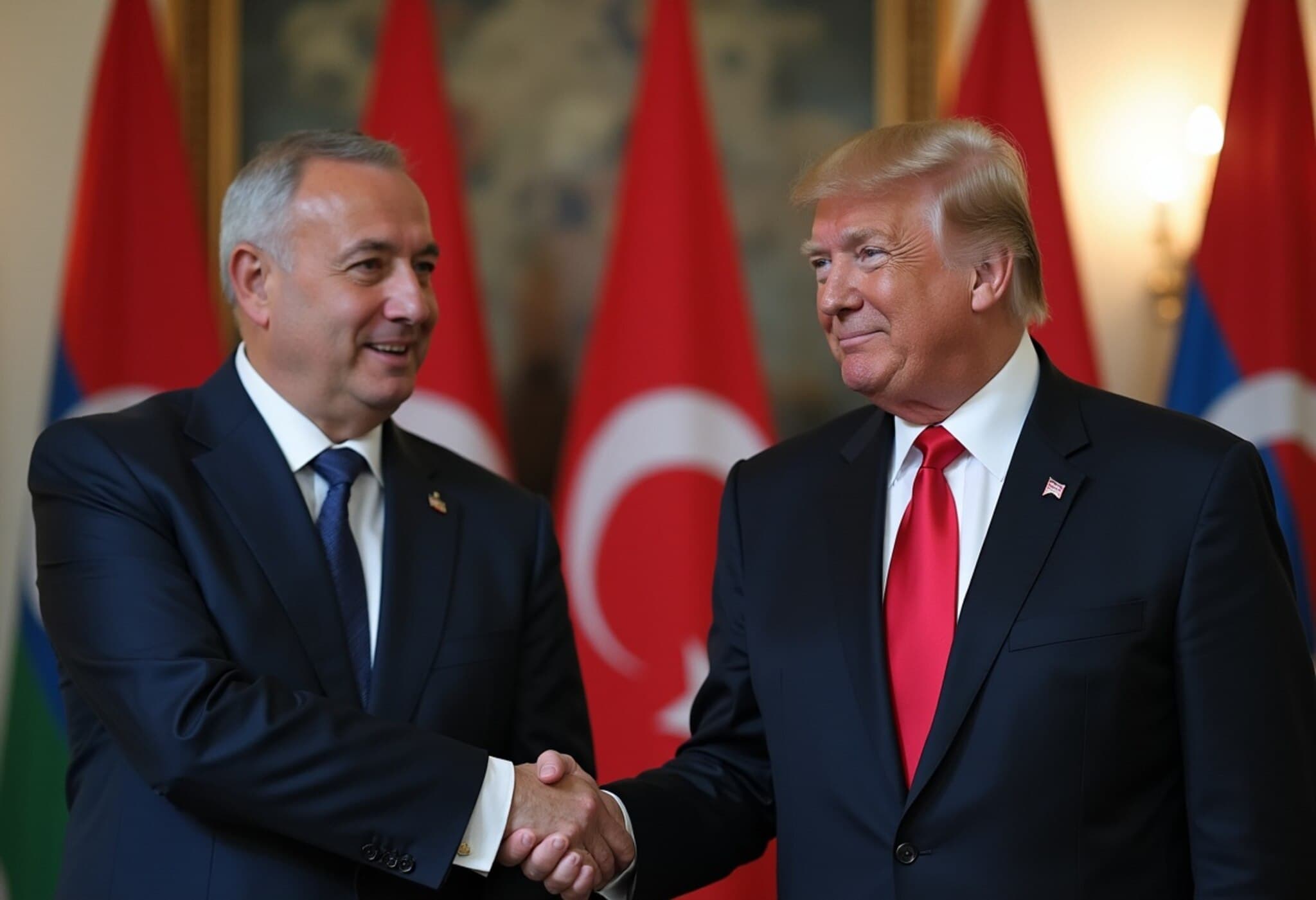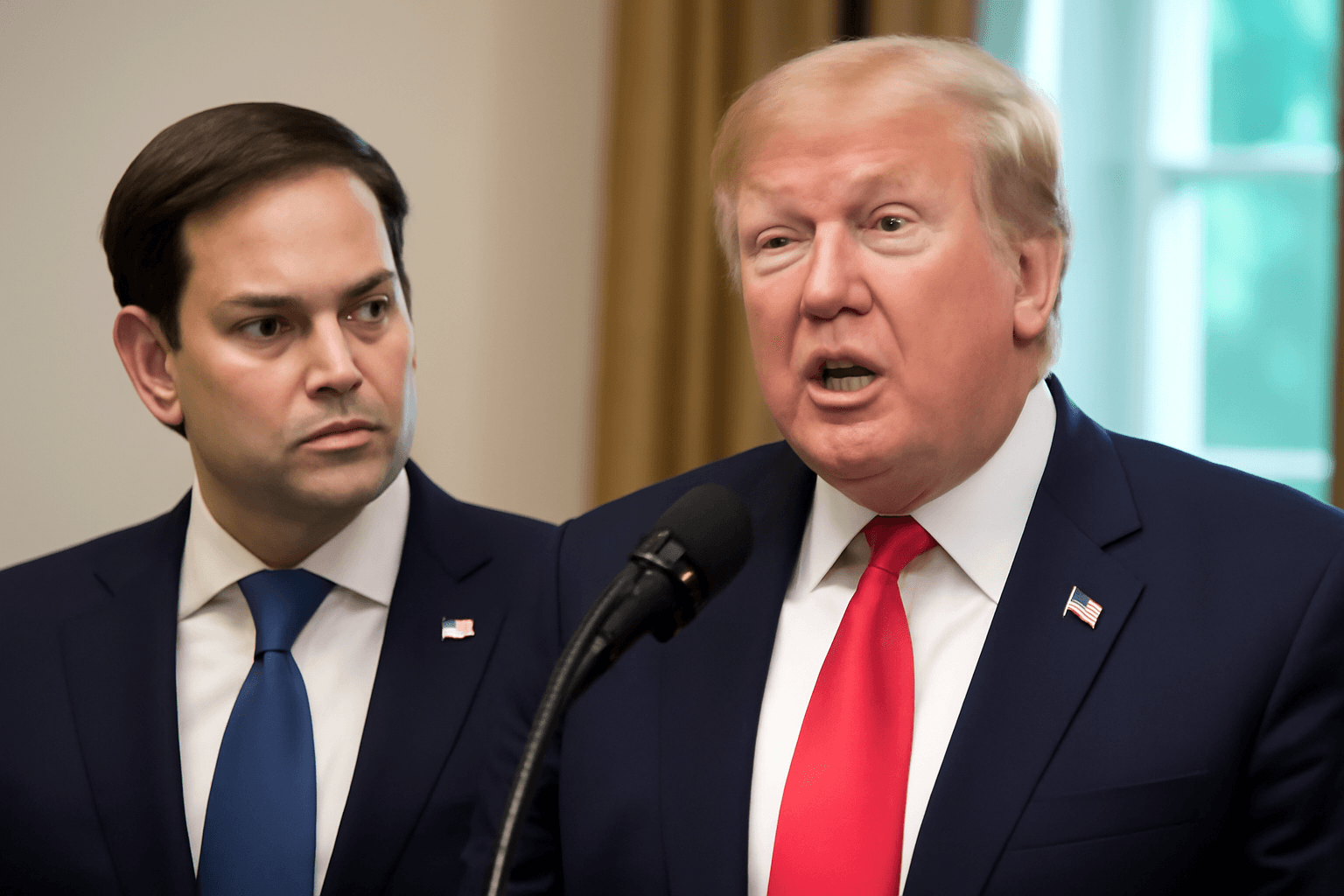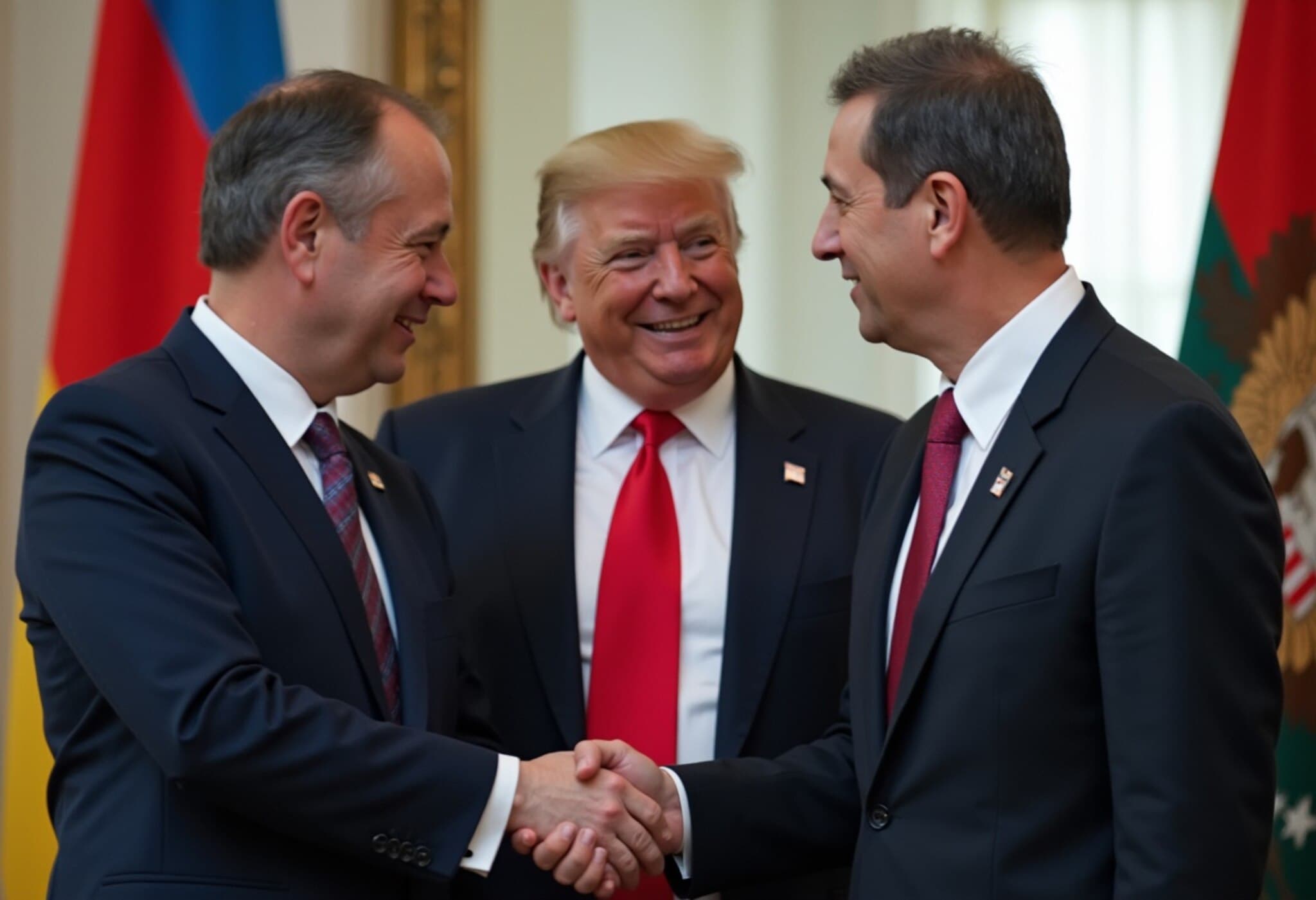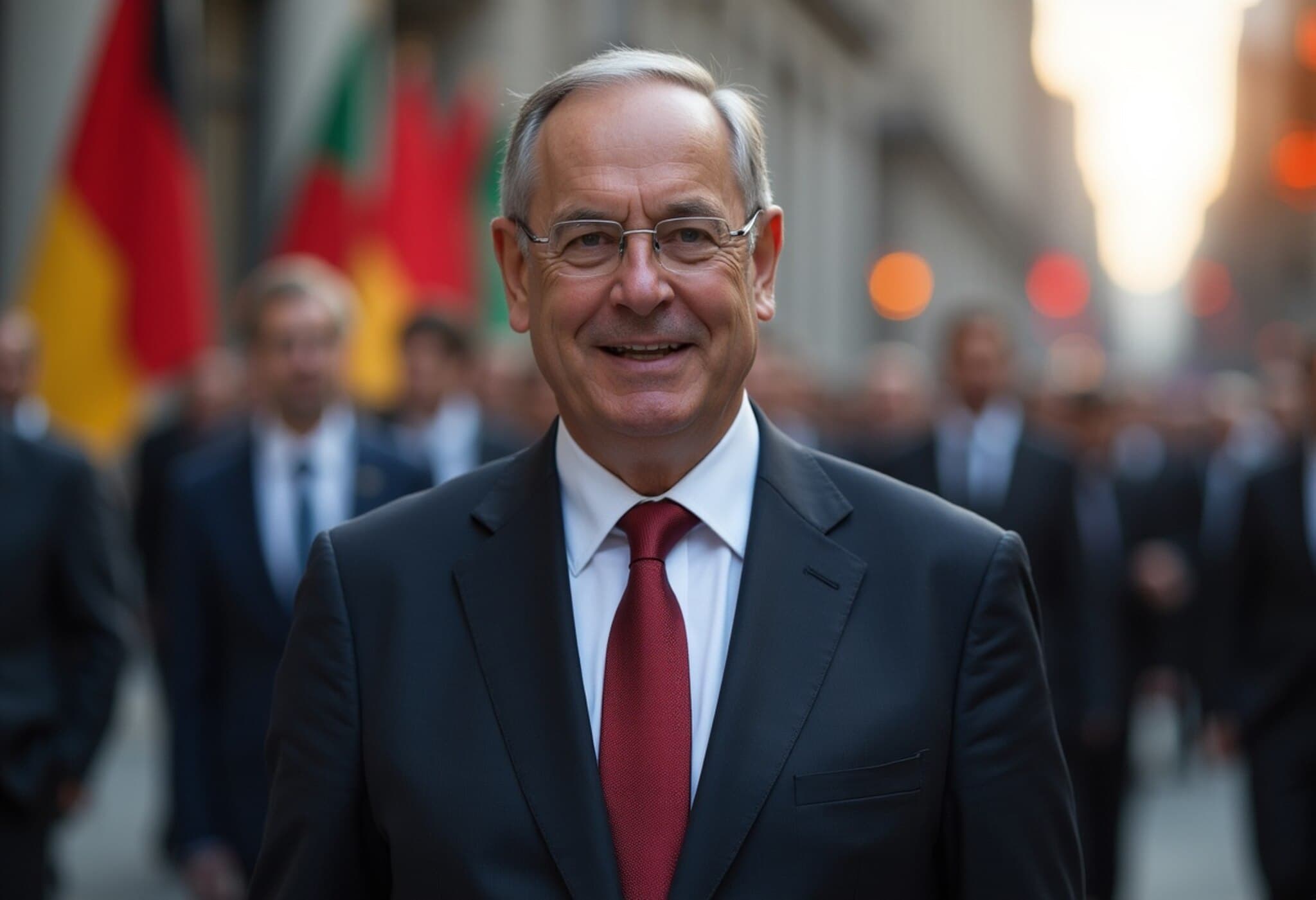Historic Armenia-Azerbaijan Peace Deal: US Secures Strategic Transit Corridor
In an unexpected diplomatic breakthrough, the leaders of Armenia and Azerbaijan signed a landmark peace agreement on August 8, 2025, at the White House—brokered under the auspices of then-US President Donald Trump. The accord ended decades of hostilities in the South Caucasus region, with the United States securing exclusive development rights to a vital transit route through the conflict zone. This newly established corridor is slated to be named the "TRIPP" – the Trump Route for International Peace and Prosperity.
Peace Accord with a Geopolitical Twist
The signing ceremony brought together President Ilham Aliyev of Azerbaijan and Armenian Prime Minister Nikol Pashinyan, with President Trump emphasizing the magnitude of the breakthrough. "Many have tried and failed, but today we've made peace," Trump declared, projecting the deal as a crowning achievement of his foreign policy.
What sets this peace deal apart is its symbiotic blend of humanitarian goodwill and strategic advantage. While reducing hostilities between the two nations promises regional stability and opens pathways for economic growth, the United States’ securing exclusive control over a critical transit corridor underscores its long-term interests in the South Caucasus – a historically sensitive corridor connecting Europe and Asia.
The TRIPP Corridor: A New Artery of Influence
- Exclusive US Access: Under the agreement, the United States will lease the corridor region, which remains under Armenian legal jurisdiction, and oversee its development through an international consortium.
- Economic and Strategic Importance: The corridor is expected to facilitate trade and transit between Armenia, Azerbaijan, and broader Eurasian markets, potentially reshaping regional transportation dynamics.
- Symbolism and Legacy: Naming the corridor after President Trump reflects his aspiration to be recognized as a global peacemaker, a narrative the administration has actively promoted.
Trump’s Pursuit of Global Peacemaker Status and Nobel Aspirations
This agreement aligns with Trump’s broader push to portray his presidency as transformative in global diplomacy. Sources close to the administration have revealed that Trump views each peace deal as a stepping stone toward the coveted Nobel Peace Prize—a prize he publicly lamented not receiving earlier in his term.
In fact, the Armenian and Azerbaijani leaders publicly endorsed Trump’s Nobel candidacy during the signing ceremony, with President Aliyev proclaiming, "Who, if not President Trump, deserves the Nobel Peace Prize? In just six months, he performed a miracle." This endorsement, while politically motivated, highlights the interplay between diplomatic outcomes and personal political ambitions in international relations.
Disbanding the Minsk Group: Shifting Regional Mediation Dynamics
An equally significant but less publicized component of the deal was the mutual agreement by Armenia and Azerbaijan to formally dissolve the Minsk Group, a longstanding mediator co-chaired by France, Russia, and the United States, tasked since 1992 with resolving their conflict.
This move signals a realignment of power dynamics in the region, potentially diminishing Russia and Europe’s traditional mediating influence while bolstering the US’s strategic foothold. Experts caution that while this development may streamline peace efforts, it could also unsettle the delicate balance of regional alliances.
Expert Commentary: Strategic Gains Amid Peace
Dr. Emily Johnson, a senior fellow at the Atlantic Council, observes, "The peace agreement offers hope for a region long plagued by intermittent violence. However, the US's exclusive development rights suggest a strategic calculation beyond humanitarian goals. This corridor could become a new front for geopolitical competition, influencing energy routes and military logistics."
Similarly, geopolitical analyst Mark Petrosyan warns, "While the corridor promises economic dividends, its naming after a sitting US president is unprecedented and may provoke nationalist backlash within both countries, potentially destabilizing the fragile peace."
Conclusion: A Complex Milestone with Far-Reaching Implications
The Armenia-Azerbaijan peace deal brokered by President Trump marks a historic moment that blends reconciliation with realpolitik. It offers both hope for lasting peace in the South Caucasus and illustrates the intricate ways in which diplomacy intertwines with national ambition and global strategy.
Editor's Note
This unprecedented peace deal opens numerous questions worth pondering: How will the exclusive US transit corridor reshape geopolitical alignments in Eurasia? Can the peace instilled by this agreement withstand nationalist pressures within Armenia and Azerbaijan? And beyond the ceremonial naming rights, will this initiative pave the way for long-term regional cooperation, or merely sow seeds for future rivalry?
As the TRIPP corridor begins operations, close attention to its economic, political, and security impacts will be essential for policymakers, analysts, and citizens alike.

